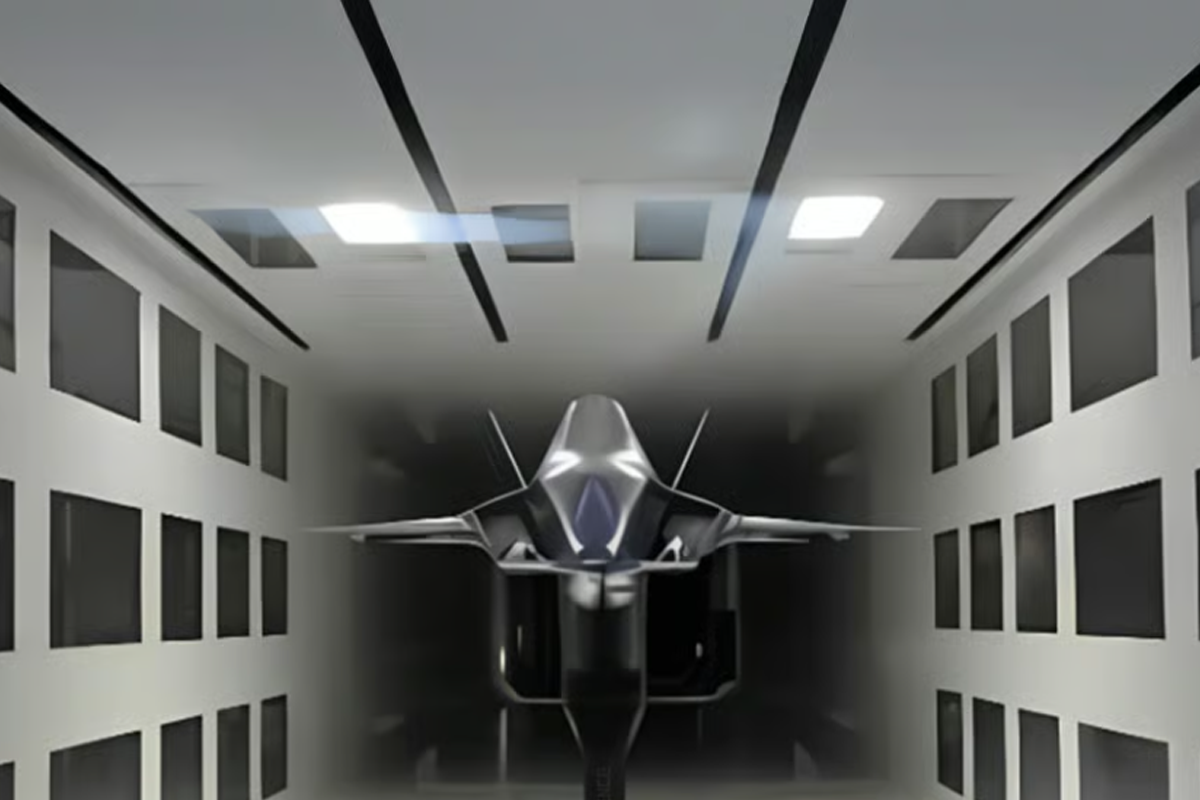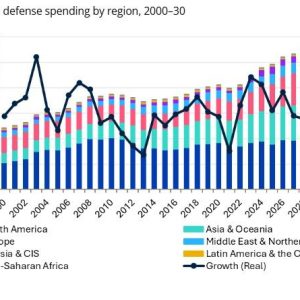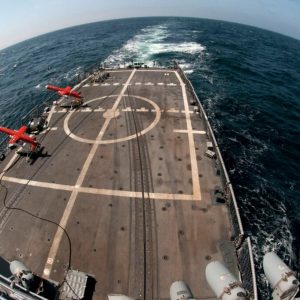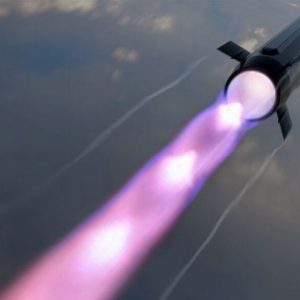TUSAŞ Surpasses European Standards in Wind Tunnel Tests
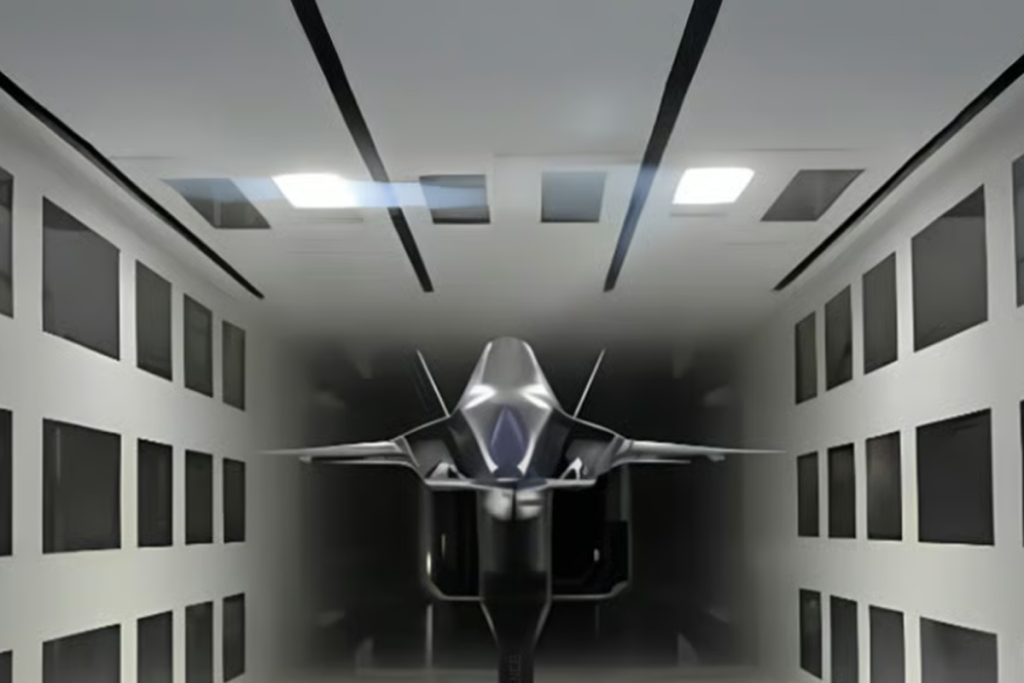
A Giant Leap in European Test Capabilities
Türkiye’s leading aerospace company, TUSAŞ, has completed critical test runs at Europe’s second-largest wind tunnel facility. Located at its Ankara headquarters, the facility is now operational, offering a 6-by-8-meter test section—ranking it among the most advanced in Europe.
Built in partnership with Germany’s AL-KO, the wind tunnel reflects not just industrial capability but Türkiye’s ambition to emerge as a regional aerospace validation hub. The infrastructure enables high-fidelity aerodynamic testing for both defense and civilian aviation platforms.
Strategic Testing for Next-Gen Air Platforms
The wind tunnel is designed to serve a wide range of platforms, including the national combat aircraft KAAN, the HÜRJET advanced trainer jet, UAVs, and civilian aircraft. The test system provides detailed data on airflow, turbulence, and control surface efficiency, directly contributing to the optimization of the platform.
According to TUSAŞ officials, the infrastructure will be a game-changer for pre-certification trials, ensuring that Türkiye’s indigenous platforms meet international aerodynamic benchmarks.
Global Competitiveness in Aerospace Testing
With this new capability, Türkiye now rivals the Netherlands’ DNW facility in wind tunnel testing—a clear signal of its growing influence in European aerospace infrastructure. The move enhances Türkiye’s export credibility and technological independence.
“This is not just a test facility—it’s an engine for innovation. KAAN, HÜRJET, and GÖKBEY will all prove their flight readiness here.”
TUSAŞ Official
Backing the National Technology Initiative
The facility operates under the strategic umbrella of Türkiye’s “National Technology Initiative” and the Presidency of Defense Industries (SSB). It helps reduce foreign dependence while accelerating R&D for high-performance indigenous systems.
Supersonic Testing in the Pipeline
TUSAŞ has revealed plans to expand the tunnel’s capabilities to support Mach 2+ supersonic testing. This will enable KAAN and similar platforms to undergo full-cycle, high-speed validation in Türkiye, eliminating the need for overseas facilities.
International Demand Rising
Many European aerospace firms and NATO platform integrators have already expressed interest in using TUSAŞ’s wind tunnel. The test center is poised to become a regional benchmark in independent aerospace validation.
For more on KAAN’s engine development and structural testing processes, visit our coverage: KAAN Indigenous Engine by 2032.
To explore NATO’s technical documentation on aerospace testing, visit: NATO Aerospace Research and Technology.

